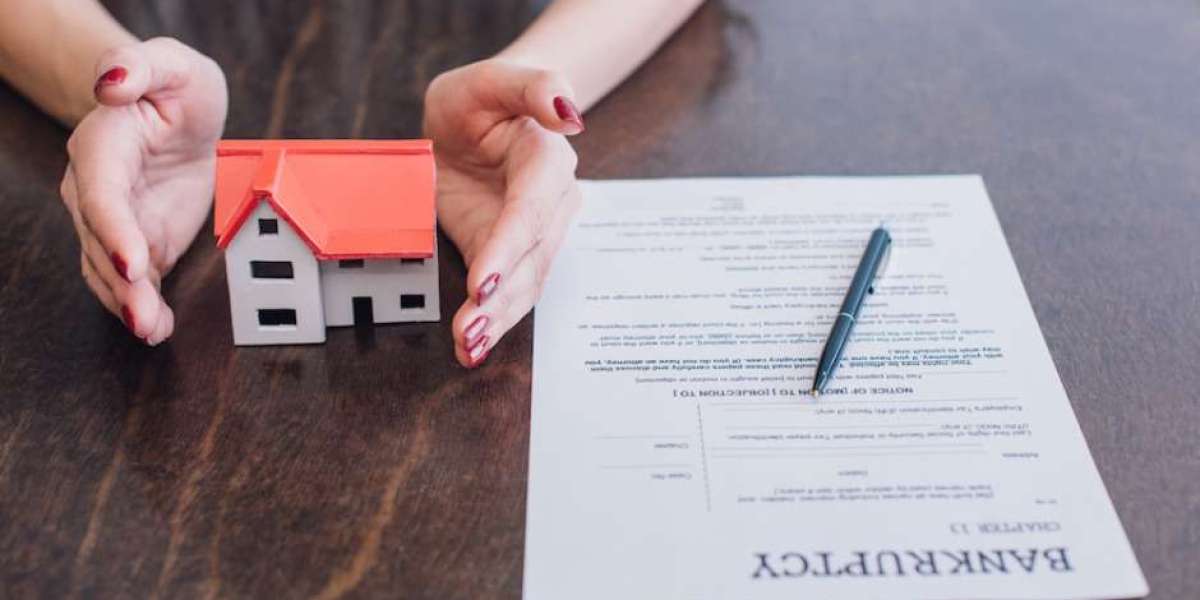Filing for bankruptcy is a significant financial decision, often considered a last resort when debt becomes overwhelming. One of the most pressing concerns for homeowners facing this situation is whether they will be able to keep their house. The answer, unfortunately, isn't a simple yes or no. It depends heavily on the type of bankruptcy you file, your state's laws, and the equity you have in your property. Explore can i file bankruptcy and keep my house
Understanding Bankruptcy Chapters and Your Home
In the United States, the most common types of bankruptcy for individuals are Chapter 7 and Chapter 13. Each treats assets, including your home, differently.
Chapter 7 Bankruptcy: Liquidation
Chapter 7 bankruptcy is often referred to as "liquidation" bankruptcy. In this process, a bankruptcy trustee is appointed to sell off your non-exempt assets to pay off your creditors. Whether you can keep your house under Chapter 7 depends largely on the equity you have in it and your state's homestead exemption laws.
Homestead exemptions are laws that protect a certain amount of equity in your primary residence from being seized by creditors during bankruptcy. The amount of this exemption varies significantly from state to state. Some states have very generous exemptions, allowing homeowners to protect a substantial amount or even the entire value of their home. Other states have much lower exemptions.
If the equity in your home exceeds your state's homestead exemption, the bankruptcy trustee may sell your house. You would then receive the amount of your exemption in cash, and the remaining proceeds would go to your creditors. However, if your equity is less than or equal to the exemption amount, your home is generally protected, and you can keep it as long as you are current on your mortgage payments.
Chapter 13 Bankruptcy: Reorganization
Chapter 13 bankruptcy, on the other hand, is a "reorganization" bankruptcy. Instead of liquidating assets, you propose a repayment plan to your creditors over a period of three to five years. This chapter is often a viable option for homeowners who want to keep their house, even if they have non-exempt equity.
To keep your home under Chapter 13, you must demonstrate to the court that you can make your regular mortgage payments, as well as any past-due amounts (arrearages) over the course of your repayment plan. The plan will also include payments to other creditors. As long as you adhere to the terms of your repayment plan, you can retain ownership of your home.
The Role of Home Equity
As mentioned earlier, home equity plays a crucial role in determining whether you can keep your house during bankruptcy. Equity is the difference between the current market value of your home and the amount you still owe on your mortgage.
If you have 1 a significant amount of equity that exceeds your state's homestead exemption in a Chapter 7 case, your home may be at risk. However, in a Chapter 13 case, even with substantial equity, you might be able to keep your home as long as your repayment plan adequately addresses your debts.
Other Important Considerations
Beyond the bankruptcy chapter and home equity, several other factors can influence the outcome of your situation:
Mortgage Status
Whether you are current on your mortgage payments is a critical factor. In both Chapter 7 and Chapter 13, if you are significantly behind on your mortgage and cannot demonstrate the ability to catch up (in Chapter 13) or if the trustee needs to liquidate the asset (in Chapter 7), you risk losing your home.
Liens on Your Property
Other liens on your property, such as second mortgages or home equity loans, can complicate the situation. These liens will need to be addressed in your bankruptcy plan.
State Laws
As highlighted earlier, state homestead exemption laws are paramount in Chapter 7 cases. Understanding the specific laws in your state is essential.
Your Overall Financial Situation
The bankruptcy court will assess your overall financial situation to determine the feasibility of your Chapter 13 repayment plan or the necessity of liquidation in Chapter 7.
Seeking Professional Guidance
Navigating the complexities of bankruptcy and its impact on your home requires expert legal advice. Consulting with a qualified bankruptcy attorney is crucial. An attorney can help you understand your options, assess your specific situation, determine the applicable exemptions in your state, and guide you through the bankruptcy process to achieve the best possible outcome for your circumstances. They can advise you on whether Chapter 7 or Chapter 13 is a more suitable option for your goal of retaining your home.
Conclusion
The ability to file bankruptcy and keep your house is not guaranteed but is often possible, particularly under Chapter 13 bankruptcy. Chapter 7 offers a path to keeping your home if your equity falls within your state's homestead exemption and you are current on your mortgage. Understanding the differences between these bankruptcy chapters, the significance of home equity and state laws, and the importance of addressing mortgage obligations and other liens is vital. Ultimately, seeking professional legal counsel is the most effective way to determine your options and navigate the bankruptcy process while striving to protect your home. Visit the official website of douglaswilson.com

